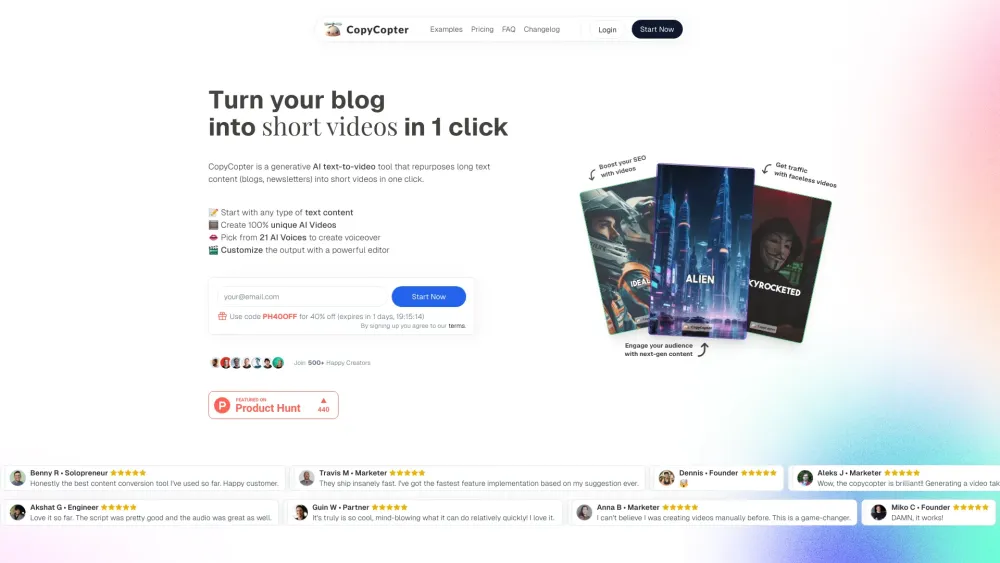OpenAI: White Men 'Bret, Larry, and Adam' Commit to Building a Diverse Board
Most people like

In today's fast-paced digital landscape, optimizing performance is crucial for applications relying on artificial intelligence. An AI model loader streamlines the initialization process, resulting in significantly faster cold start times. This innovative tool ensures a seamless experience, allowing developers to maximize efficiency and improve user satisfaction. Discover how an effective AI model loader can transform your application's responsiveness and performance.

In today's digital landscape, transforming written content into captivating videos is the key to capturing attention. By converting text into engaging visual storytelling, you can reach a broader audience and boost your brand's visibility. This guide will explore effective strategies and tools to effortlessly generate viral videos from text, helping you maximize your online presence and engage viewers like never before. Let's dive in and unlock the potential of your written words!

Explore and create captivating AI-generated music effortlessly. Unleash your creativity with innovative tools designed for music enthusiasts and producers alike, enabling you to discover unique sounds that transform your musical experience. Dive into the world of artificial intelligence and elevate your compositions today!
Find AI tools in YBX
Related Articles
Refresh Articles


